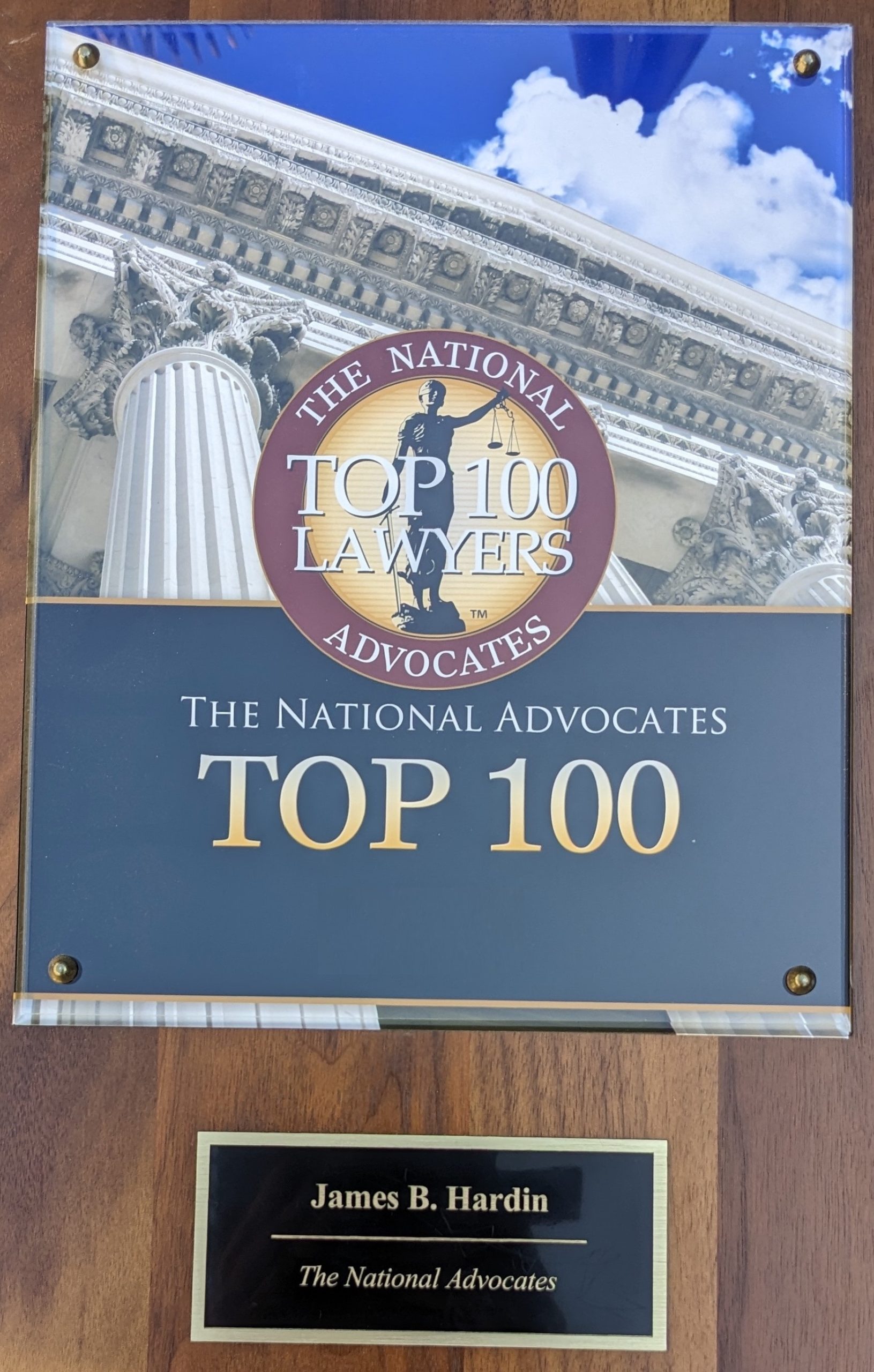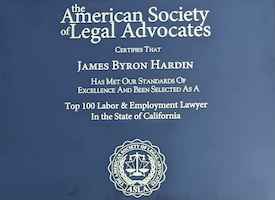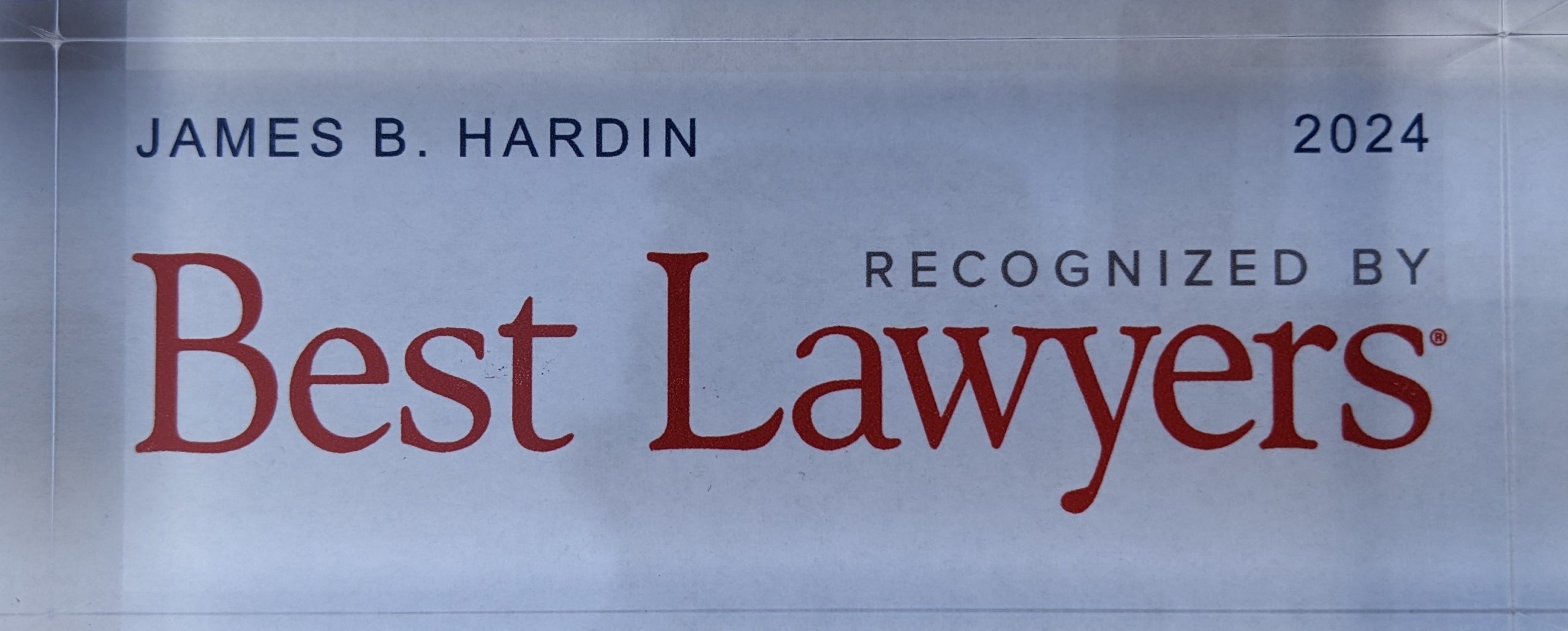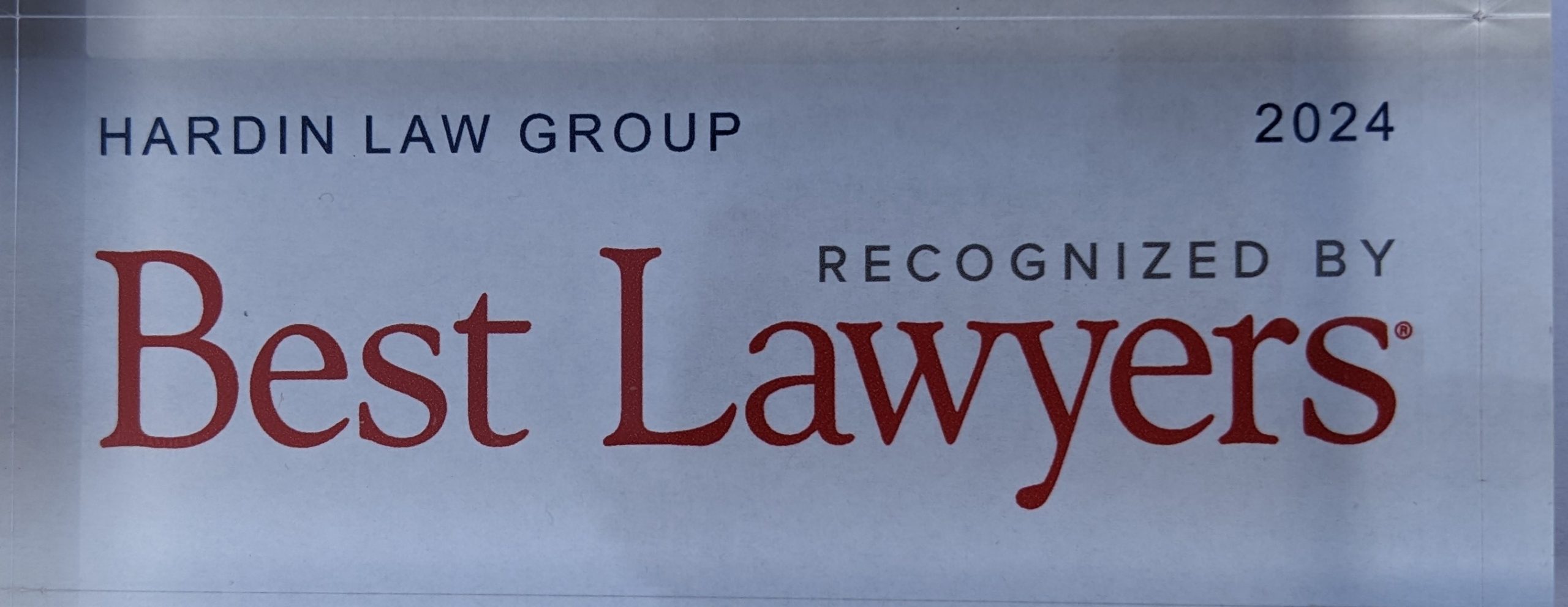What Issues Can An Employer Require An Employee to Arbitrate?
Many Orange County business owners require that employees sign arbitration agreements at the outset of their employment. These agreements state that in the case an employment claim arises, the employer and employee agree to avoid court and head to arbitration to resolve the issue. While certain kinds of claims (such as workers’ compensation claims) must be excluded from agreements that require arbitration, as an arbitration agreement will not be enforced in California if it is both “procedurally unconscionable” and “substantively unconscionable”, both federal and California public policy favor arbitration as a form of alternative dispute resolution.
Arbitration is generally supposed to be faster, cheaper, and more predictable than litigation. Benefits many Orange County business owners appreciate. However, in a recent case involving homebuilder D.R. Horton, none of these expectations came true. In its arbitration agreement, D.R. Horton prevented employees from suing in court and from bringing class-action claims in arbitration. A disgruntled employee took issue to this, bringing his fight to the National Labor Relations Board. Along with a class of similarly-situated employees, he sought alleged unpaid overtime wages.
Ultimately, the NLRB issued a decision holding that D.R. Horton’s agreement was unlawful because 1) it prevented employees from filing class action claims in court or in arbitration, and 2) it could reasonably be read as prohibiting employees from filing unfair labor practice charges.
On appeal, D.R. Horton argued that the Board’s decision should be rejected because it conflicted with the Federal Arbitration Act (FAA), which generally requires that arbitration agreements be enforced as written. Agreeing, in part, the Court found that the FAA trumps the National Labor Relations Act (NLRA) to the extent that the NLRA renders unlawful an arbitration agreement that prevents employees from pursuing class-action claims. The court explained that its conclusion was consistent with numerous Supreme Court cases holding that the use of class-action procedures is not a substantive right and that parties should not be compelled to arbitrate as a class unless they agreed to do so. The court also pointed out that every other circuit to have considered this issue has indicated that it would not defer to the NLRB’s rationale, holding arbitration agreements containing class waivers enforceable.
However, the court did find that D.R. Horton’s agreement could reasonably be read as prohibiting employees from filing unfair labor practice charges.
For more assistance on analyzing whether your employment law claim is covered by a valid arbitration agreement, contact the experienced Orange County employment attorneys at Hardin & Associates.





















